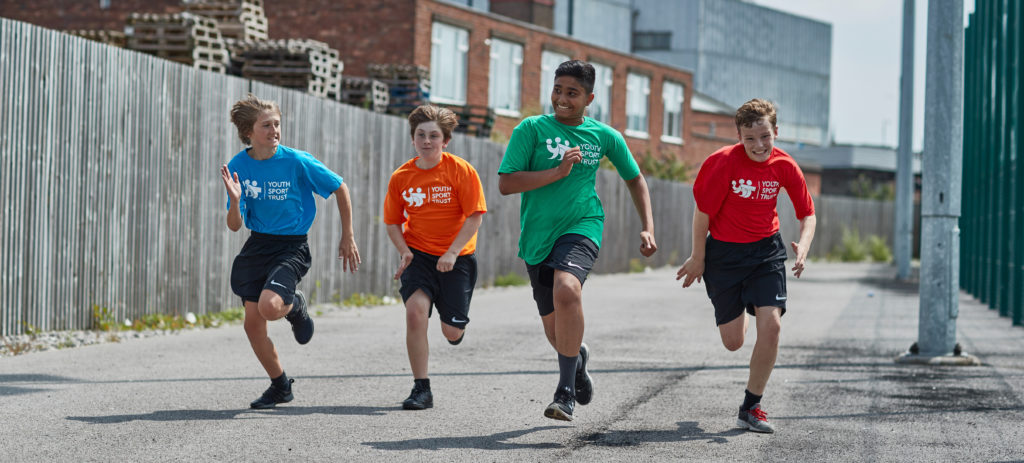
 Chris Wright, Head of Wellbeing, Youth Sport Trust, shows the links between physical activity and exam success
Chris Wright, Head of Wellbeing, Youth Sport Trust, shows the links between physical activity and exam success
Barely a week goes by without new research showing that children’s mental health is in decline. Only last month a new report from the UCL’s Institute of Education found that one in four schoolgirls is depressed by the age of 14, and one in ten boys. This research only serves to back up what headteachers are telling us: that the declining physical and emotional health of young people may be the biggest barrier to their academic achievement.
Ahead of this year’s World Mental Health Day (10 October), awareness of the scale of mental health issues in schools has probably never been greater. However, tackling this growing challenge seems a huge ask for schools and staff already contending with pressure to constantly raise their results with increasingly stretched resources.
This scenario means that we need to re-look at the options available to us. We need to ask ourselves whether we are overlooking one of the most simple and effective ways of helping tackle youth mental health issues: physical activity.
A growing international research base, and UK research from Public Health England, consistently show that physical activity not only improves physical wellbeing but can be an important outlet for decreasing stress and anxiety, giving young people’s mood and attitudes a boost.
So it has been a real concern to hear of schools cutting the amount of time dedicated to PE in the curriculum. While the pressure of the Ebacc and the temptation to replace core PE with extra booster classes can be high, this risks proving counterproductive to students’ achievement.
Improving the mental health of pupils
At the Youth Sport Trust (YST), we passionately believe that good-quality PE, school sport and physical activity are crucial to improving the mental health of pupils and helping them to fulfil their potential. Many of our 4,000 member schools are taking innovative approaches to introducing physical activity into the school day.
These range from reducing sedentary activity through active classrooms and short bursts of activity before lessons, to creating active environments, and developing active role models across the school. This has had a real impact in making pupils healthier and more engaged, and improving their levels of attainment.
Physical activity in the school day – eg, active classrooms and environments, short bursts of activity before lessons, and developing active role models across the school – makes pupils healthier and more engaged
We are also supporting countywide projects, where committed headteachers and local health partners join forces to tackle mental wellbeing issues. For example, the Lancashire Active Healthy Minds programme is transforming how schools approach pupils’ physical and emotional wellbeing by developing character and resilience through PE. Funded by schools themselves and the Lancashire Clinical Commissioning Group, it will address the alarming number of adolescents being referred to specialist services for mental health illness across the county.
In Northamptonshire, we ran a pilot as part of our Get Exam Fit programme which aims to build confidence and help alleviate the increased stress young people now face in preparing for terminal exams. The programme sees our inspirational Athlete Mentors go into schools to support year 10 and year 11 students throughout the year leading up to their GCSEs. They do this by sharing their experiences in dealing with stress and high pressure situations in the sporting world, and offering practical advice.
The results in Northamptonshire were promising. We found using sport as a medium helped young people build strategies to manage stress and anxiety for exams and for life, and those who took part were shown to achieve more in their GCSEs. It is a great example of how schools can take a preventive approach to young people’s emotional and physical wellbeing issues.
So, this World Mental Health Day, I’d encourage you to think about how your school is embracing the power of PE, physical activity and sport to improve pupils’ wellbeing and support them to become citizens who are ready to perform – fit for work and healthy for life. Information and advice on YST’s work, programmes and resources: www.youthsporttrust.org.
Read more on the SSAT blog: How can the school system better protect young people’s mental health?
